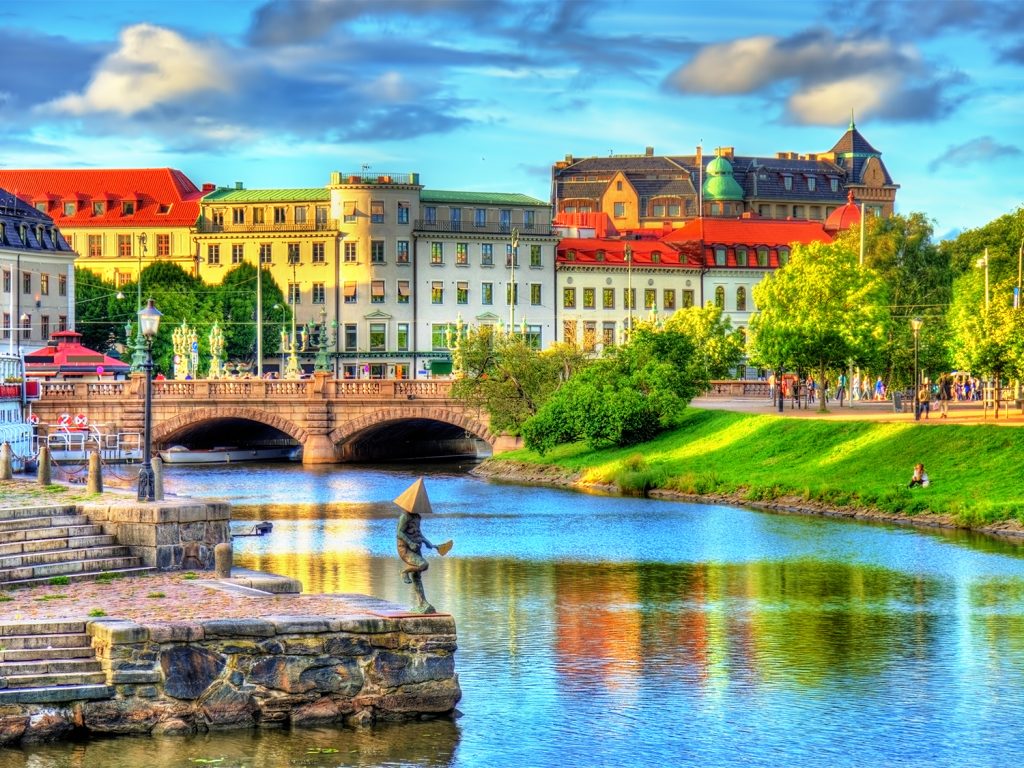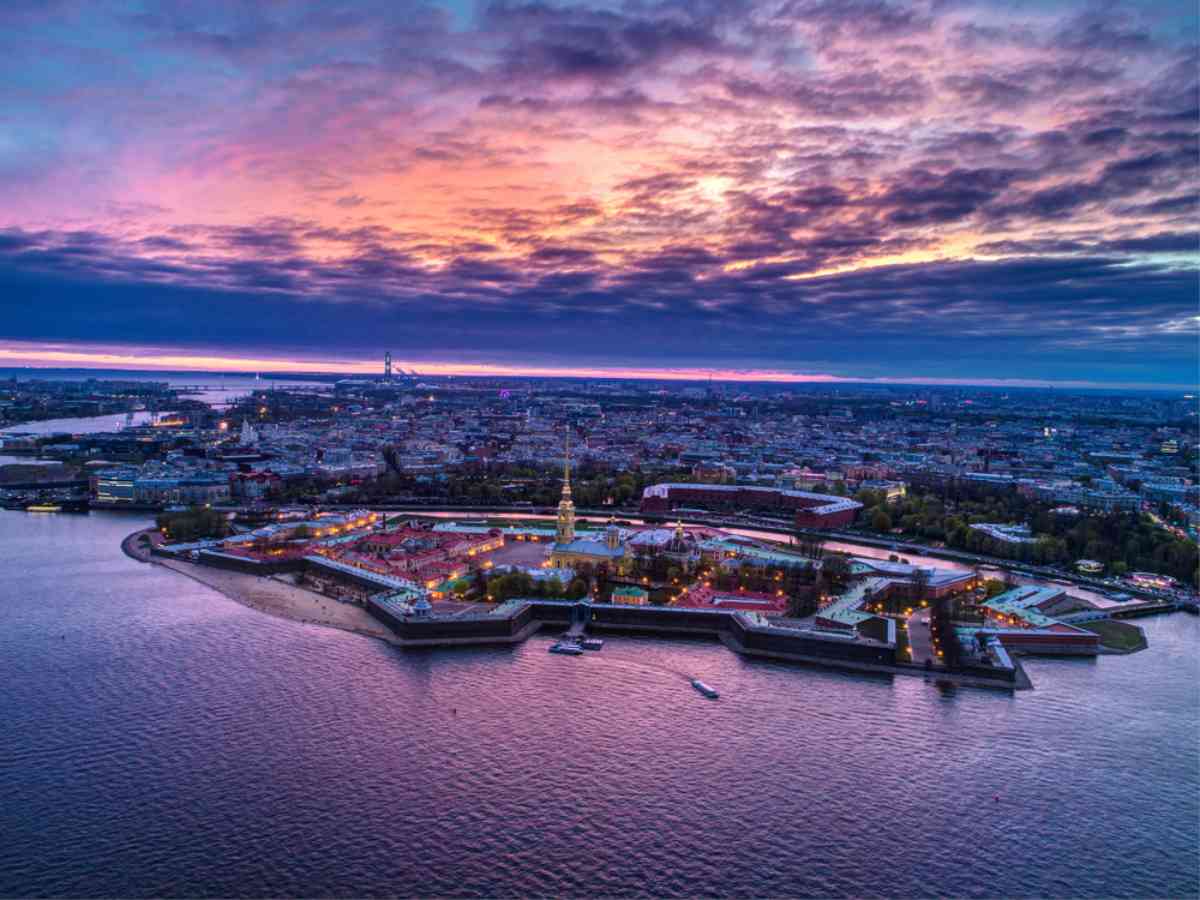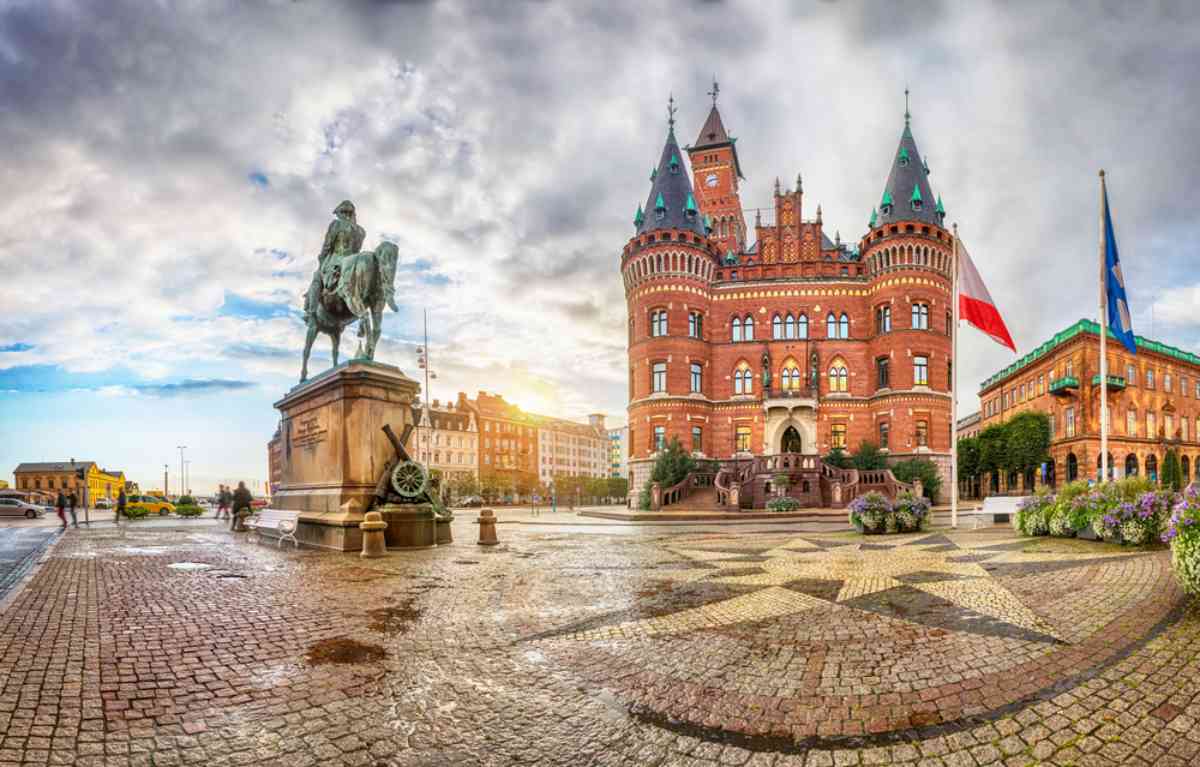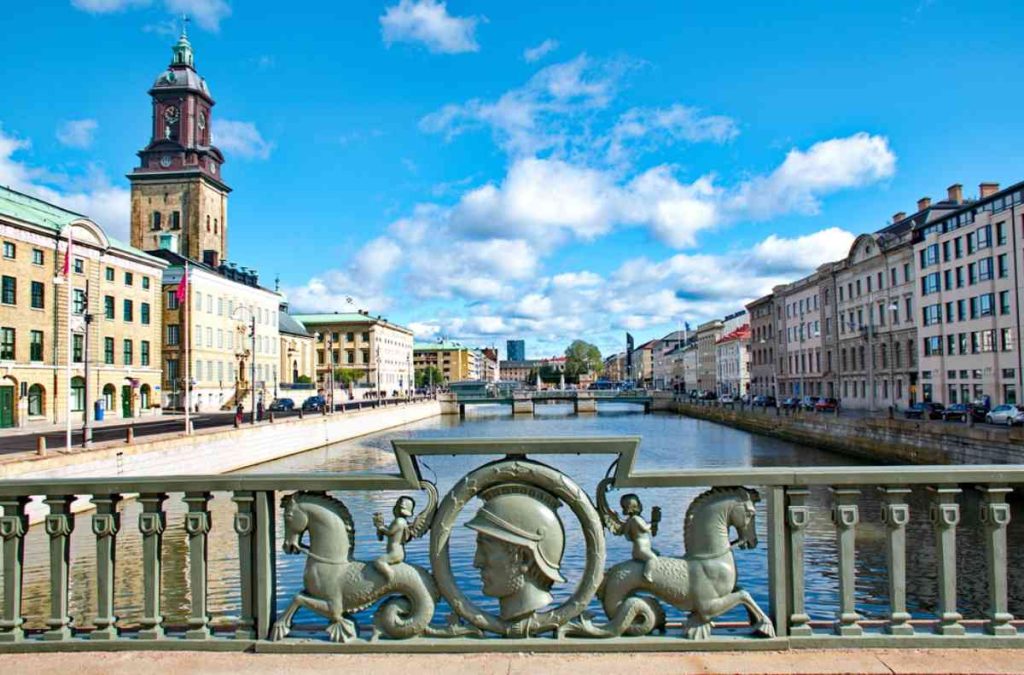
Swedish universities offer comprehensive facilities for international students, including modern libraries, 24/7 computer labs, career centers, and student health services. Housing options often involve shared accommodations like corridor rooms or student flats, though options vary by university. While specific facilities differ, campuses generally provide spaces for focused study, group projects, and a range of support services like academic tutoring, counseling, and even facilities for reheating food, such as microwaves and fridges.
On-Campus Facilities
Modern and quiet environments with both physical and digital resources, often available 24 hours a day for studying.
A variety of spaces for individual and group work, from dedicated rooms to open areas for collaboration.
Accessible computer facilities for students, with some schools offering 24/7 access.
On-campus dining options are available to students.
Many campuses provide shared kitchen spaces equipped with appliances like microwaves and refrigerators for students to use.
Student Support Services
Accommodation
Options typically include single rooms in corridor-style buildings or student flats with shared kitchens, bathrooms, and common areas.
Some universities may offer studio apartments or family apartments, though availability can be limited.
Other Information
Some universities, like the University of Gothenburg, have campuses spread throughout the city, integrating students into urban life.
Many universities have a housing office that can provide information and assistance in finding accommodation.

International students choose Sweden for its high-quality, innovation-focused education, numerous English-taught programs, opportunities for career advancement and scholarships, and a safe, sustainable, multicultural environment with a high quality of life. Key advantages include research and practical experience, a flexible learning approach, and the ability to secure post-study work permits, making Sweden an attractive destination for global talent.
The Swedish lifestyle emphasizes environmental consciousness, sustainability, and a strong work-life balance, with the concept of “lagom” (just right) guiding a moderate approach to life. Key aspects include a strong connection to nature, popularizing the “fika” (coffee break) culture, respect for equality and individualism, and an embrace of modern, cashless payment systems.
Sweden’s highest laws are its four fundamental laws – the Instrument of Government, the Freedom of the Press Act, the Fundamental Law on Freedom of Expression, and the Act of Succession – which form the constitution and cannot be overridden by other laws. These are supplemented by the Parliament Act, which balances protected and easily amended provisions. The Swedish legal system is a civil law system within the Nordic tradition, where parliamentary statutes are primary, supplemented by case law and EU law.
Sweden offers several beautiful cities, including Stockholm for its island setting and historic Gamla Stan, Gothenburg for its coastal charm, Uppsala for its majestic cathedral and historic university, and Visby on Gotland for its well-preserved medieval town and charming atmosphere. Other beautiful cities include the historic university town of Lund, the coastal fortress town of Karlskrona, and the unique city of Umeå, known for its blend of nature and modern design.

Sweden offers rich historical sites including the Royal Palace of Stockholm, the medieval city of Visby with its town wall, the Kalmar Castle, and Drottningholm Palace, the country’s only royal residence and UNESCO World Heritage site. Other significant historical places include the ancient ruins of Gamla Uppsala, the Rock Carvings in Tanum, and Stockholm Cathedral.


